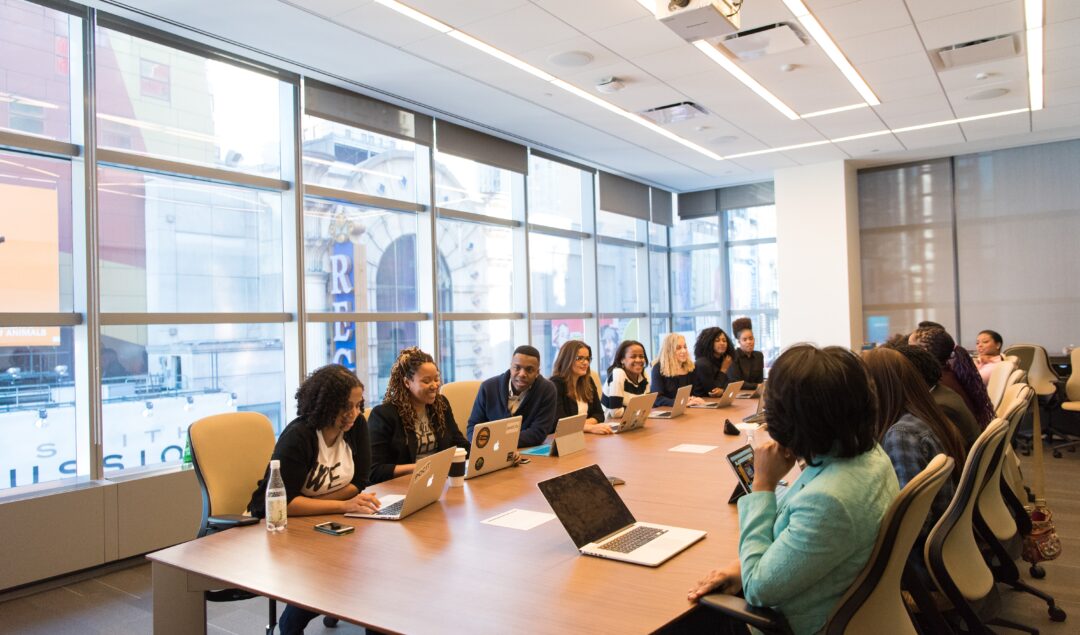Companies Go Quiet On DEI And Green Talks Due To Right-Wing Backlash?

Company and executives’ mentions of DEI or sustainability during earning calls have decreased after a peak in 2022, according to data from financial research firm AlphaSense.
But this DEI- and “green-hushing” doesn’t necessarily mean companies have stopped doing the work – they’re just not talking about it.
Are companies still talking about DEI and sustainability?
According to data from financial-research platform AlphaSense, executives at the U.S.-listed companies mentioned “environmental, social and governance,” “ESG,” “diversity, equity and inclusion,” “DEI” or “sustainability” on 575 earning calls from April 1 to June 5.
This is down 31% from last year’s period, making it the largest year-over-year decline and the fifth consecutive quarter of year-over-year drops.
This decrease seems to be reversing the trend of increasing public discussion on these issues after the murder of George Floyd in 2020.
For example, The Wall Street Journal reported that in March 2022, electronic-signature firm DocuSign boasted that it had achieved carbon-neutral status during the year that ended that January.
DocuSign’s Chief Financial Officer Cynthia Gaylor also said the company planned to reach net-zero emissions by 2050.
However, as Gaylor steps down from her CFO role, the company’s executives haven’t mentioned sustainability initiatives, carbon-neutral status, or net-zero emissions on earning calls since.
A spokeswoman for DocuSign didn’t comment on why executives haven’t discussed these topics on calls but assured that the company continues to invest in its environmental, social, and governance programs and regularly updates investors and customers on its initiatives.
Pressure from boycotts
At the same time, right-wing boycotts have continued, recently targeting brands such as Target and Bud Light that have shown support for the LGBTQ+ community, leading some companies to rethink their approach to weighing in on potentially controversial topics.
But companies’ decisions to go silent on DEI and social justice issues don’t necessarily mean they’ve stopped their initiatives behind the scenes.
LinkedIn user Patrick Saah commented, “Statistically, people care the most about DEI when they can gain financial benefits from implementing it, or the government is enforcing laws to increase DEI.”
“Other than that, most people don’t care about helping to make DEI a 100% reality for everyone.”
The Washington Journal notes that many companies continue to invest in DEI employee training and initiatives to reduce carbon emissions.
Some employees at companies, however, are fighting back against the silencing. For example, the New York Times recently reported that Starbucks employees accused leaders of banning Pride displays in cafes and criticized the company for failing to support LGBTQ+ workers.
Starbucks has, however, denied the allegations, calling the incidents “outliner.”



